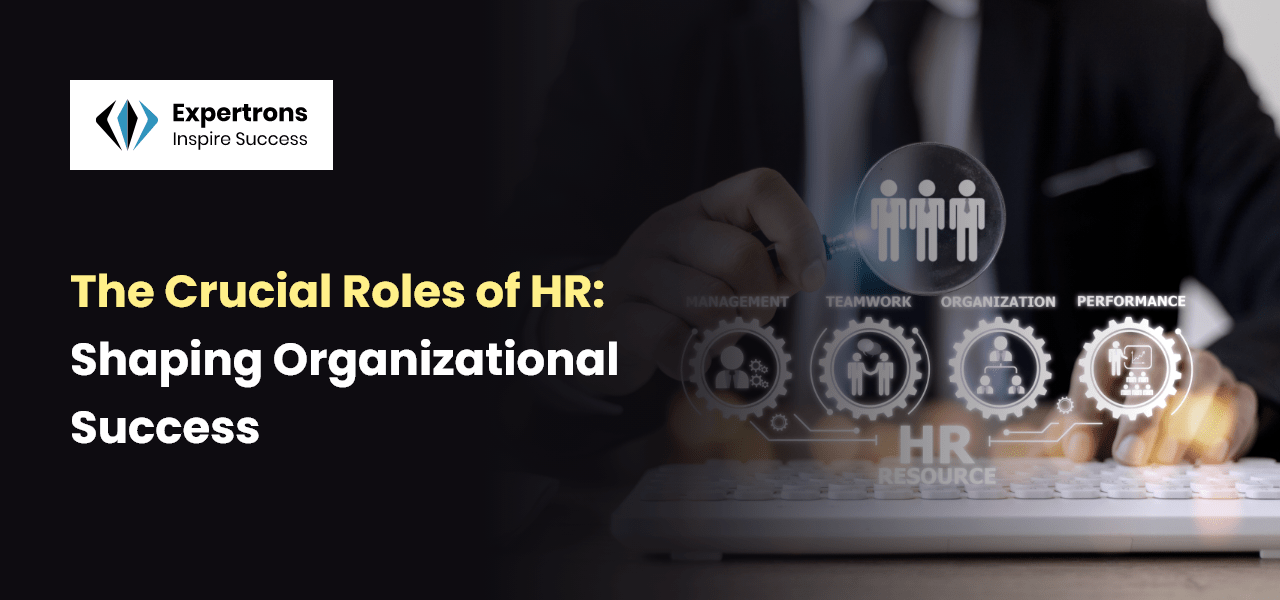Introduction
In today’s dynamic business environment, the roles of HR have evolved beyond traditional functions. Human Resources (HR) is now a strategic partner in fostering workplace culture, driving employee engagement, and aligning human capital with organizational goals. This blog delves deep into the multifaceted roles of HR, exploring how they impact overall business success and employee satisfaction.
Understanding the Roles of HR
The roles of HR can be broadly categorized into several key areas:
1. Talent Acquisition and Recruitment
One of the primary roles of HR is to attract and retain top talent. This involves:
– Crafting compelling job descriptions.
– Utilizing various recruitment platforms to find the right candidates.
– Conducting thorough interviews and assessments.
By implementing effective recruitment strategies, HR ensures that organizations are equipped with the right skill sets to meet their objectives.
2. Employee Onboarding and Training
Once talent is acquired, the next step is successful onboarding and training. The roles of HR include:
– Developing comprehensive onboarding programs that help new employees acclimate.
– Facilitating training and development initiatives to enhance skills and performance.
– Establishing mentorship programs to foster continuous growth.
A well-structured onboarding process significantly boosts employee engagement and retention.
3. Performance Management
Performance management is a critical function within the roles of HR. This involves:
– Setting clear performance expectations.
– Conducting regular performance reviews.
– Providing constructive feedback and support for professional development.
Effective performance management not only enhances productivity but also aligns individual goals with organizational objectives.
4. Employee Relations and Conflict Resolution
HR plays a pivotal role in maintaining a positive workplace environment. This includes:
– Addressing employee grievances promptly.
– Mediating conflicts and fostering healthy workplace relationships.
– Promoting open communication and collaboration among teams.
Strong employee relations are essential for creating a cohesive and productive work environment.
5. Compliance and Risk Management
Navigating the complex landscape of labor laws and regulations is another significant aspect of the roles of HR. This involves:
– Ensuring compliance with local, state, and federal regulations.
– Implementing policies that protect the organization and its employees.
– Conducting regular audits and training sessions to mitigate risks.
By prioritizing compliance, HR helps safeguard the organization against potential legal issues.
6. Compensation and Benefits Management
Compensation and benefits are key drivers of employee satisfaction. The roles of HR include:
– Designing competitive compensation packages.
– Evaluating and managing employee benefits programs.
– Conducting salary surveys to ensure market competitiveness.
A well-structured compensation strategy not only attracts talent but also promotes employee loyalty.
7. Organizational Development and Change Management
In an ever-changing business landscape, HR plays a crucial role in organizational development. This includes:
– Leading change initiatives to adapt to market demands.
– Developing strategic plans for workforce planning and development.
– Fostering a culture of innovation and agility.
By actively participating in organizational development, HR helps ensure long-term sustainability and growth.
The Impact of Effective HR Practices
The diverse roles of HR significantly influence organizational success. Effective HR practices contribute to:
Enhanced Employee Engagement:
By promoting a positive work culture and providing development opportunities, HR fosters higher levels of employee engagement and satisfaction.
Increased Productivity:
When employees feel valued and supported, their productivity levels tend to rise, leading to improved business outcomes.
Lower Turnover Rates:
By focusing on employee relations and providing competitive compensation, HR can help reduce turnover rates, saving the organization time and resources.
Alignment with Business Strategy:
HR ensures that talent management aligns with the overall business strategy, creating a workforce capable of achieving organizational goals.
Also read, Unlock Success: Choosing the Best HR Management Course
Conclusion
The roles of HR are vital to the success of any organization. By effectively managing talent, promoting employee engagement, and ensuring compliance, HR functions as a strategic partner in driving business growth. As the workplace continues to evolve, the importance of HR will only continue to grow, making it an indispensable component of organizational strategy.
Whether you are an HR professional or a business leader, understanding and leveraging the roles of HR will be key to navigating the challenges and opportunities of the modern workplace.
Frequently Asked Questions
The primary roles of HR include talent acquisition, employee onboarding and training, performance management, employee relations, compliance management, compensation management, and organizational development.
HR impacts employee engagement by fostering a positive workplace culture, providing development opportunities, and ensuring open communication within the organization.
Compliance is crucial in HR to protect the organization from legal issues and to ensure adherence to labor laws and regulations, promoting a fair and safe workplace.
HR can implement strategies such as setting clear performance expectations, conducting regular performance reviews, and providing constructive feedback to enhance employee performance.
HR contributes to organizational development by leading change initiatives, developing strategic workforce plans, and promoting a culture of innovation and adaptability.











